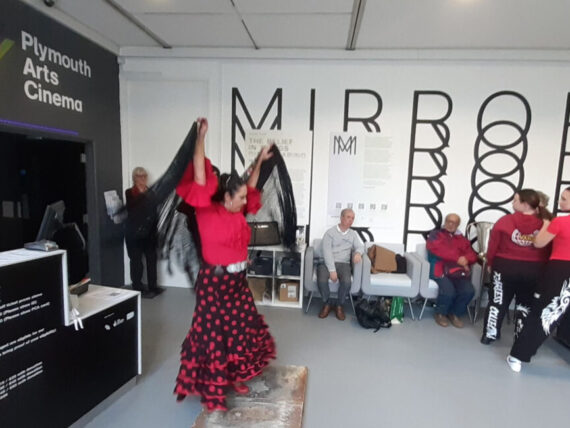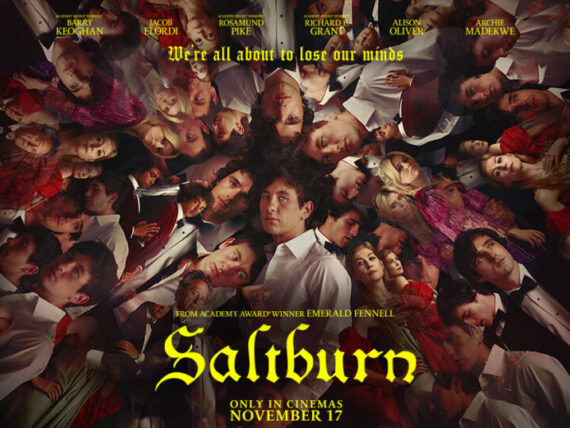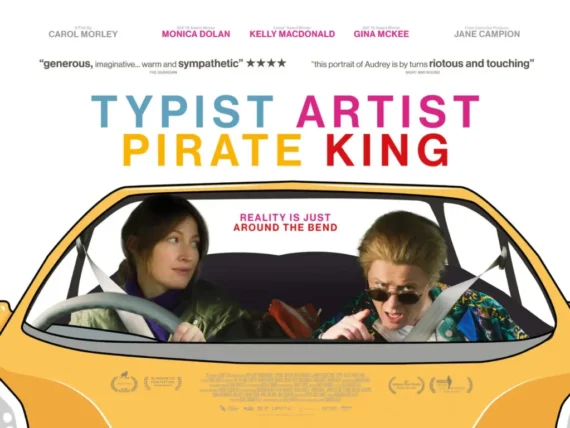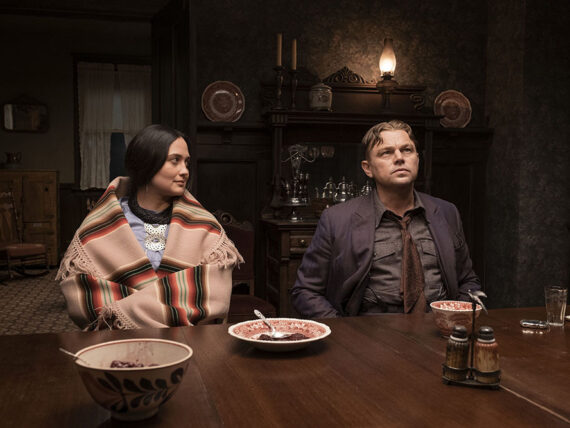Elvis Presley – the man and the music – reached a level of fame almost unattainable prior to the digital age. A truly domestic artist (he never toured abroad), at the time of his death in 1977, Presley was the most famous man in the world.
Reviewed by Helen Tope
It is what this fame requires, the oxygen it needs to sustain itself, that is at the centre of Baz Luhrmann’s biopic, Elvis. Our access to the star is through his manager, the irrepressible Colonel Tom Parker (played by Tom Hanks) who narrates throughout. While Parker keeps his background in the shadows (although his Dutch accent alludes to a non-American heritage), he is quite happy to fill us in on his career to date. Starting in carnivals, Parker latched onto the popularity of country music, overseeing white bread acts such as Hank Snow (David Wenham) and Jimmie Rodgers Snow (Kodi Smit-McPhee). It is Snow Jnr that introduces Parker to the sound of Elvis. He eludes us for the early part of the film; a voice on vinyl. When Jimmie corrects Parker on his assumption that the soulful tone is coming from a Black singer, Parker spots an opportunity.
Parker sees Elvis perform ‘Baby Let’s Play House’ and the effect on the audience is instantaneous. The wiggle – those hips – trigger a seismic reaction. Parker hasn’t seen anything like it. From this moment, Presley’s feet barely touch the ground, and Luhrmann creates the same effect for us, with a whirlwind approach to story-telling. We may know the basics of the Presley story; meteoric rise, a stint in the US Army, mixed Hollywood fortunes, followed by a residency in Las Vegas before dying at the age of 42. But Luhrmann, with screenwriters Sam Brommell and Craig Pearce, really digs into what created Elvis, or rather, how he created himself.
What the film really succeeds in doing is reminding us that the influence of Black music on Elvis was more than flavour. He was listening, and listening carefully, from an early age. Gospel – feverish, impassioned – from his local church. Hanging out at Club Handy on Beale Street with Big Mama Thornton (an ace Shonka Dukureh); shooting the breeze with blues legend B.B King; watching Little Richard strut on stage like his life depends on it. The screenplay makes it clear that this wasn’t a fad for Elvis, but his musical education. He may not have written his own songs, but the innovative, multi-strand sound he produced, changed the direction of pop music.
It’s no surprise that, for a film-maker so invested in the world of music, Luhrmann’s performance scenes are stellar. Paired with a soundtrack of multi-platinum classics, Elvis jumps off the screen. The moments where music takes centre stage are simply electric. Luhrmann cast a near-unknown Austin Butler to play Presley and Butler gives a nothing-to-lose performance. He balances a delicacy in portraying Elvis’ insecurities, alongside the blistering, bombastic singer. Luhrmann’s camera lovingly surveys Butler’s uncanny resemblance to the King (we perhaps stay a little too long in Presley’s exquisite boy phase), however Butler is more than a facsimile. He understands Presley’s lack of confidence, which ends up with the artist not fully trusting his own instincts until much later in his career. Those dazzling blue eyes are always searching, questioning.
Elvis has an incandescent quality that lifts it away from ordinary biopic. It is a full-fat, mood-elevated tribute and Luhrmann never takes his foot off the accelerator. This doesn’t feel like too much either, as Luhrmann’s handling of high-octane material (Strictly Ballroom, Moulin Rouge) is always tempered with emotional resonance. The pursuit of fame costs Presley everything. His marriage to Priscilla (Olivia De Jonge) disintegrates; his relationship with his father Vernon (a beautifully understated Richard Roxburgh) becomes more complicated as the years roll on.
Presley becomes more of a hostage to his prescription pill addiction, and Luhrmann deploys a split-screen technique. The star’s world is no longer in focus, charging ahead. It threatens to spin out of control. The final performance – intercut with actual footage of Elvis – is a groggy, glassy-eyed Presley on his Vegas stage. Unable to stand, he sits at the piano and plays ‘Unchained Melody’. The mind is in a haze, the body has only months left, but the voice, the voice perseveres. This is Luhrmann’s final rejoinder. While the music continues to play, Elvis lives.
Elvis is screening at Plymouth Arts Cinema until Thursday 14th July.








Comments
No comment yet.